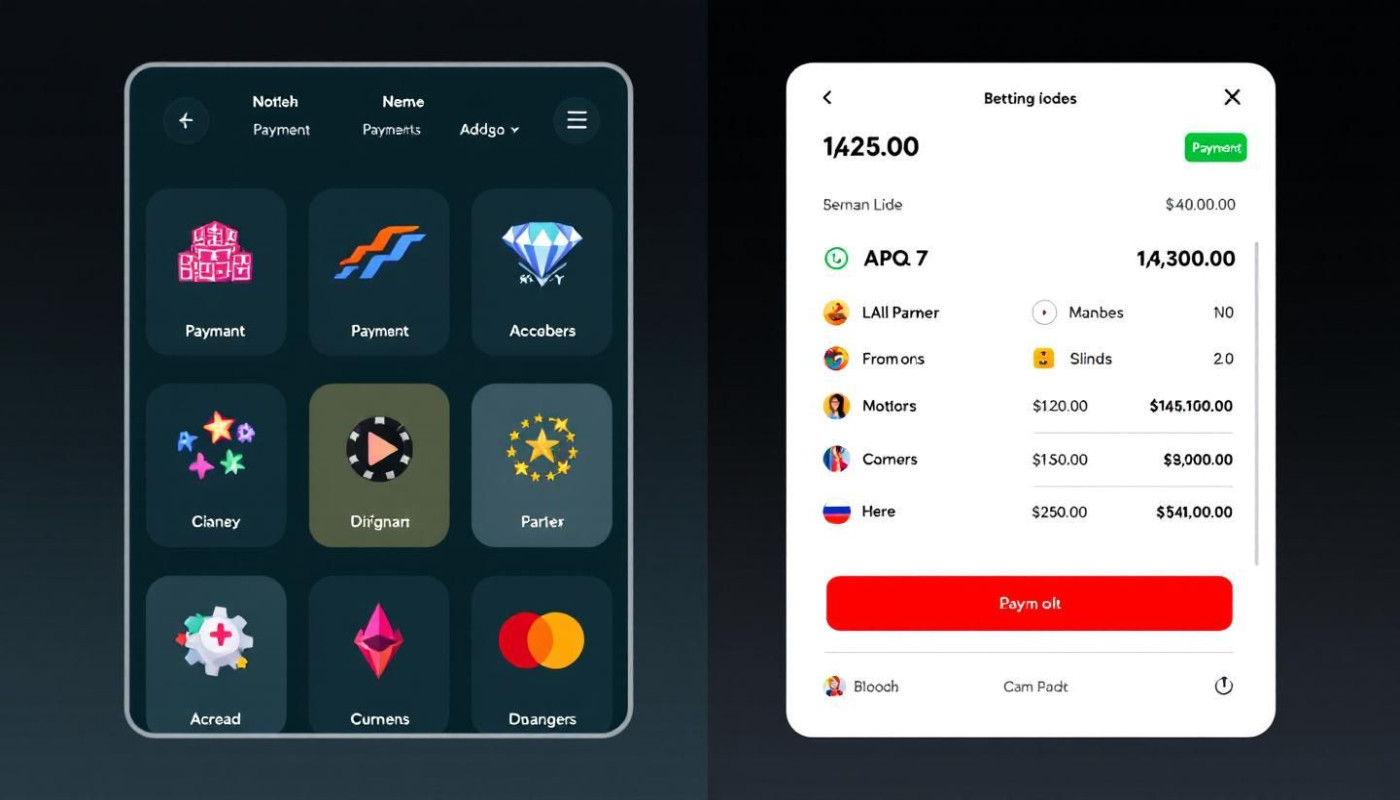Table of contents
The game of chicken, despite its humorous moniker, is a fascinating model of conflict, decision-making, and strategy. Many people are intrigued by its surprisingly complex and paradoxical nature. The game's strategic depth, layered with psychological factors and risk-benefit analysis, have made it a popular subject in game theory. Not to mention, its applicability to a broad spectrum of real-life situations, from international politics to high-stakes business negotiations. So, buckle up and prepare to delve deep into the mechanics, strategies, and implications of this seemingly straightforward game. By the end of this article, you should have a new appreciation for the game of chicken and a deeper understanding of the strategic thinking it engenders.
Understanding the Game of Chicken
The Game of Chicken, often referred to as a conflict game, is a fascinating study in decision-making, risk-taking, and game mechanics. Rooted in Game Theory, this classic showdown is a high-stakes test of nerve and strategy. In the Game of Chicken, two players drive towards each other on a collision course. Each has the option to swerve or continue straight, decisions that carry varying outcomes. If both swerve or both continue straight, the game results in a tie or a mutual loss. However, if one swerves and the other continues straight, the player continuing straight wins. It is a game of psychological warfare and calculated risks.
The role of chance in the game is seemingly non-existent; the outcome rests solely on the players' decisions. However, it's the inherent risk-taking that makes the Game of Chicken so captivating. The unpredictable nature of the opposing player's decision adds an exciting element of uncertainty. Furthermore, the game mechanics are simple yet profound, providing a fascinating study in conflict resolution and competitive behavior.
Strategies in the Game of Chicken
Mastering the gameplay of the popular Chicken game requires an understanding of several strategic approaches. In this game, the primary focus rests on two chief strategies, referred to as the dominant strategy and the mixed strategy. Implementing the dominant strategy involves a player consistently sticking to a particular move, while employing the mixed strategy entails alternating between various moves to keep the opponent guessing.
Interlaced with these main strategies are psychological tactics. These tactics are designed to manipulate an opponent's thought process, causing them to make moves that ultimately benefit the player implementing these tactics. It's a subtle but highly effective aspect of the Chicken game strategies, adding an additional layer of complexity to the gameplay.
The concept of a Nash Equilibrium is another integral part of the strategic gameplay. In simple terms, a Nash Equilibrium is a state in a game where no player can benefit from changing their strategy while the other players keep theirs unchanged. This situation underscores the importance of consistent strategic planning in the Chicken game.
Understanding and applying these different strategies and tactics can undoubtedly elevate your gameplay. It's also worth noting that practice is key to mastering these strategies. As such, why not try out your newfound knowledge in a real gameplay scenario? For instance, you can play Mystake's chicken game for free online and test your strategies and tactics.
Applying Chicken Game Strategies in Real Life
From the confines of game theory to the practical fields of international diplomacy and business negotiations, Chicken Game strategies have found a plethora of real-life applications. These strategies have been employed as effective tools for conflict resolution across diverse scenarios, most notably in standoffs between two opposing parties. The rudimentary principle of the Chicken Game, where each player attempts to outdo the other by not yielding, has found relevance in the high-stakes world of diplomatic negotiations where nations often engage in a strategic tug-of-war.
In the realm of business negotiations, the Chicken Game strategy can be observed in play. Two companies might engage in a competitive pricing war, each refusing to budge on their pricing in the hope that the other will blink first. Strategic decision-making, therefore, becomes paramount in these situations, with each party trying to deduce the other's potential moves and formulating their strategy accordingly. The importance of these strategies extends beyond simple games, permeating real-life scenarios and underlining the significance of strategic decision-making in conflict resolution.
The Psychology of the Game of Chicken
The game of chicken, much like any psychological phenomenon, operates under the influence of various elements, particularly the psychological aspects that govern the decision-making process of the players. The core concepts that dictate the course of the game are fear and ego, which directly impact the actions of the participants. Fear, an inherent trait in humans, can lead to conservative game play, as players might be wary of the perceived risk involved. However, the ego serves as a counterbalance, often propelling individuals to take risks in an attempt to establish dominance or superiority.
Perceived risk is another significant factor that shapes the course of the game. More often than not, players weigh the risks against the potential rewards before making their moves. This process is a classic example of the principles of Psychological Game Theory, where players scrutinize their choices based on the possible outcomes and the actions of their opponents. Evidently, this theory plays a significant role in the game of chicken as it fiercely dictates the moves of the players.
The role of communication in the game of chicken remains paramount. The ability to signal intent, bluff, or negotiate often determines the winner, besides influencing the overall course of the game. In fact, effective communication can turn the tide in favor of a player, even in situations where the odds are stacked against them. Hence, it becomes clear that the psychological aspects, fear and ego, perceived risk, the decision-making process, and the role of communication are all intricately woven into the fabric of the game of chicken.
The Role of Chicken Game in Game Theory and Economics
In the field of Game Theory, the study of the Chicken Game provides profound insights into aspects of conflict and cooperation, along with strategic decision-making. Serving as a paradigm in Economic Game Theory, this game encapsulates scenarios where individuals or groups face off in a high-stakes contest of nerve and strategy. The game explores how players make decisions in a situation where the outcome depends critically on the actions of others. This is not just applicable to games, but also in a broader context, like economics, where strategic decision-making often becomes a focal point. Such decisions can lead to a conflict or cooperation, depending on the choices made by the players. To put it differently, the study of the Chicken Game in economics and Game Theory helps us understand the dynamics of strategic interaction and negotiation, proving to be a valuable tool in these fields.
Similar articles

The Impact Of Casino Aesthetics On Modern Photography

The Evolution Of Mobile Gaming: How Apps Are Changing The Casino Experience

Exploring The Allure Of Mythical Themes In Online Slots

Advantages Of Using A Casino Observatory For Game Selection

Comparing Payment Methods For International Betting Platforms

Exploring Alternatives To Traditional Gambling Platforms

Strategies For Boosting Your Chances In Live Game Shows

The Impact of Free Spins on Slot Strategy: How to Leverage 100 Bonus Rounds

Maximizing Your Welcome Bonus: Strategies for First-Time Players

